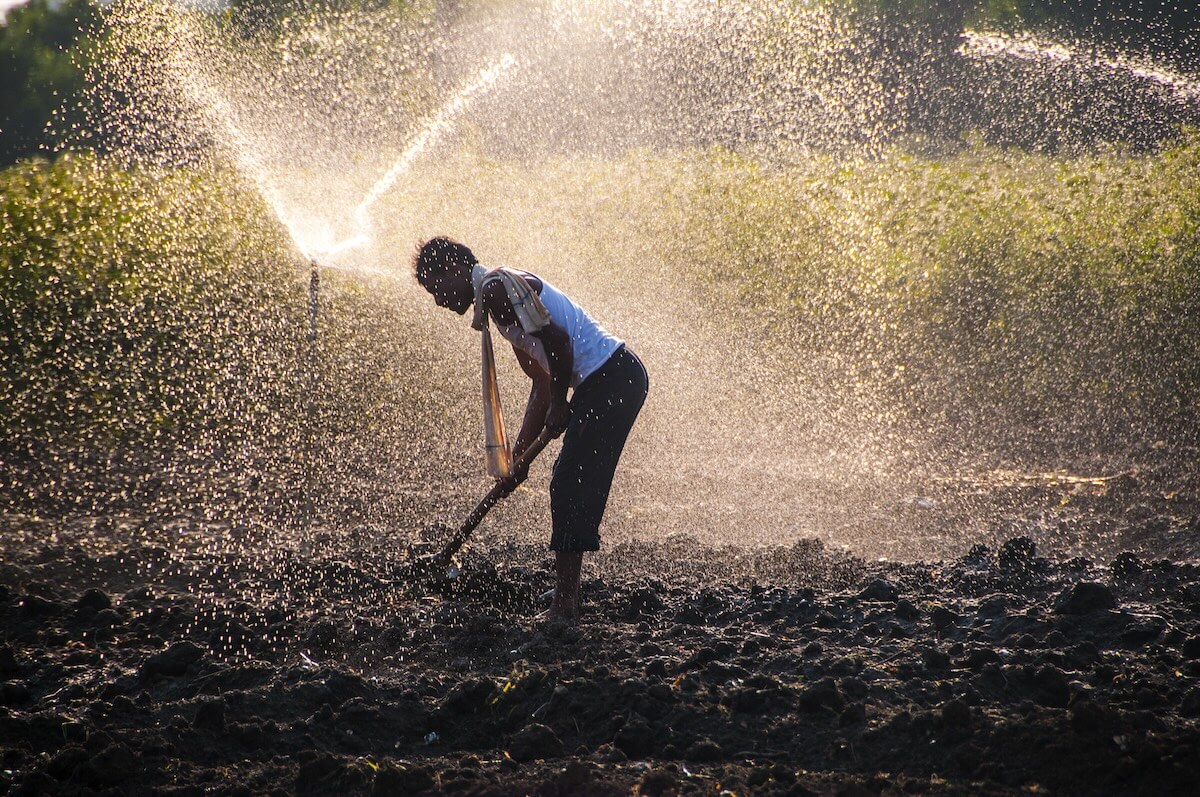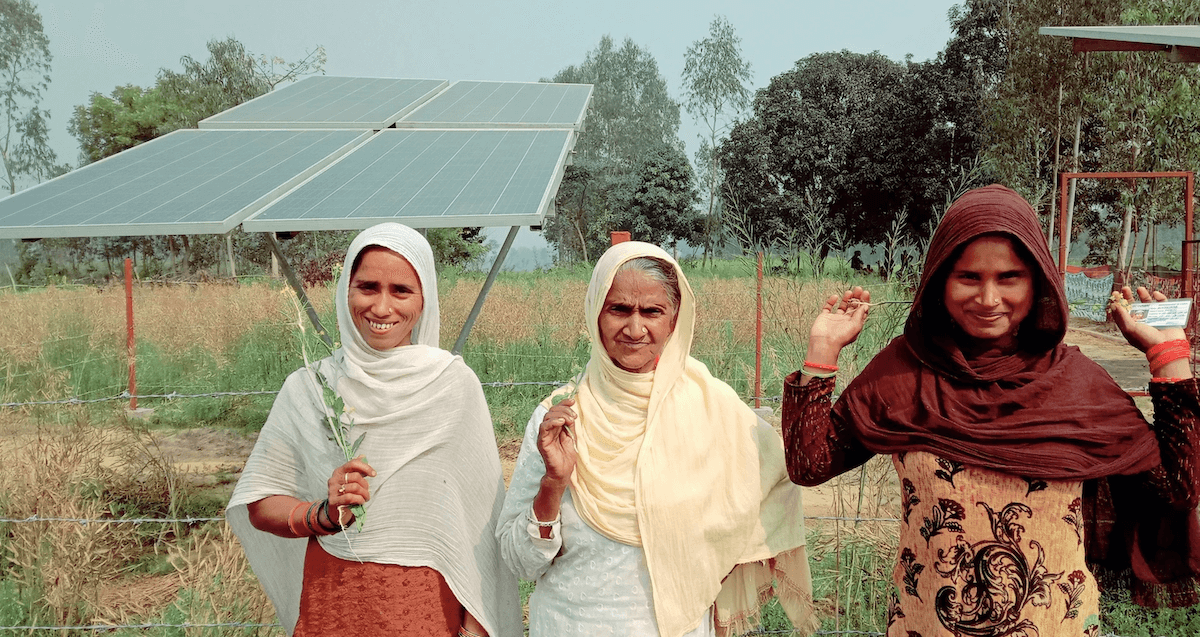ImpactAlpha, November 15 – Financing smallholder farmers is difficult work. New data from Root Capital suggests that investing in women delivers the trifecta investors seek: greater profits, faster growth and less risk.
“Loans to enterprises with greater women’s leadership and participation yielded dramatically higher profits to Root Capital,” the nonprofit agri-lender reports.
Root analyzed its $1 billion in investments to more than 550 agri-businesses supporting emerging market smallholder farmers over the past decade. Against an average of $6,000 in profits per loan, women-led enterprises notched $17,850 more in profits than non-women-led enterprises.
Women make up 45% of emerging markets’ agricultural labor force but receive just 7% of capital to businesses in the sector.
“Investors should look to women in agriculture not only because they are key to fighting global poverty, food insecurity, and climate change; they also generate a higher return on investment,” says Root Capital’s Willy Foote.
Gender edge
Root Capital provides loans of up to $2 million for agri-businesses to purchase materials, buy equipment or secure inputs for farmers. Business growth across its portfolio is high because the lender focuses on high-growth businesses. The 130 women-led enterprises in Root’s portfolio fared particularly well, achieving an average annual growth rate of 25.7% compared to 24% across the whole portfolio.
Women are also better at servicing their debt: the higher profits associated with women-led businesses in Root’s portfolio stemmed from lower write-downs. The lender writes off $21,500 per loan on average. Female borrowers cost Root $16,310 less per loan than male borrowers.
“Not only are enterprises with greater participation and leadership of women less likely to default, when they do default Root Capital writes off less of their loan, on average,” the report says.
Catalytic capital
Lending to small agri-businesses has more than doubled in the last decade, reaching $756 million in 2021. The gap, however, is more than $100 billion annually in Africa and Asia alone.
Root’s data find that “first mover” lenders in gender-inclusive enterprises in particular are powerfully catalytic, Root’s Alexandra Tuinstra tells ImpactAlpha. Gender-inclusive businesses in Root’s portfolio were 20% more likely to secure additional funding once Root had invested.
“Investors should be seeking out and financing these enterprises at a much higher rate,” Tuinstra says. “It’s healthy for their own portfolios and the impact is undeniable,”
Climate resilience
More capital is needed to help rural farming communities adapt to climate change, says Tuinstra. Root has disbursed $200 million to enterprises it dubs “climate action leaders” by promoting reforestation, providing farmers with adaptation training and other climate-resilience efforts for smallholder farming communities.
Root has provided loans to coffee businesses in Honduras and Nicaragua to help them regenerate their soil, for example.
“Climate impacts on farmers can be reduced with access to the right financing and training,” says Tuinstra. “Done correctly with a gender lens, these interventions can result in major benefits for women farmers.”











